Importance of Blood Bank Refrigerator in Hospitals
Blood is a vital component of medical care, essential for life-saving procedures such as surgeries, trauma care, organ transplants, and treatment of blood disorders. To ensure a steady and safe supply of blood and blood components, hospitals require specialized storage solutions. A blood bank refrigerator is an essential medical equipment used to store blood and its derivatives at precise temperatures, preserving their integrity and effectiveness. Proper storage is critical for patient safety, regulatory compliance, and reducing wastage. This blog explores the significance of blood bank refrigerators in hospitals, their benefits, and best practices for their usage.
What is a Blood Bank Refrigerator?
A blood bank refrigerator is a specialized medical refrigeration unit designed to store whole blood, plasma, platelets, and other blood components at regulated temperatures. These refrigerators are engineered to maintain stable temperatures between 2°C to 6°C, ensuring that stored blood remains viable for transfusions. Unlike standard refrigerators, blood bank refrigerators are equipped with advanced monitoring systems, alarms, and uniform cooling technology to prevent fluctuations that could compromise the quality of blood.
Why is a Blood Bank Refrigerator Important in Hospitals?
1. Preservation of Blood Quality
Blood and its components are highly sensitive to temperature variations. Deviations beyond the recommended storage conditions can lead to the degradation of red blood cells, clotting of platelets, and loss of plasma integrity. Blood bank refrigerators maintain the optimal environment, ensuring that blood remains safe and effective for transfusions.
2. Compliance with Medical Regulations
Regulatory bodies such as the World Health Organization (WHO), Food and Drug Administration (FDA), and National Blood Transfusion Council (NBTC) have strict guidelines for blood storage. Hospitals must adhere to these regulations to ensure patient safety and avoid legal complications. Blood bank refrigerators are designed to meet these stringent standards, with temperature monitoring, documentation, and fail-safe mechanisms.
3. Prevention of Blood Wastage
Improper storage can lead to blood spoilage, resulting in unnecessary waste of a precious and limited resource. Blood bank refrigerators help extend the shelf life of blood components, reducing wastage and ensuring an adequate supply for medical emergencies.
4. Ensuring Patient Safety
Contaminated or degraded blood can lead to severe complications, including infections and transfusion reactions. By maintaining precise temperature control, blood bank refrigerators ensure that patients receive safe and effective transfusions, minimizing health risks.
5. Rapid Accessibility in Emergencies
Hospitals handle various medical emergencies where quick access to blood is crucial. Blood bank refrigerators are strategically placed to store and organize blood units efficiently, enabling medical teams to retrieve them promptly in critical situations.
Features of an Ideal Blood Bank Refrigerator
A high-quality blood bank refrigerator should have the following features:
1. Temperature Stability and Monitoring
- Maintains temperatures between 2°C to 6°C.
- Equipped with digital temperature displays and real-time monitoring systems.
- Alarm systems to alert staff in case of temperature fluctuations.
2. Adequate Storage Capacity
- Adjustable shelves and compartments to accommodate different blood component bags.
- Organized stacking to prevent cross-contamination and facilitate easy retrieval.
3. Power Backup and Security Features
- Uninterrupted power supply (UPS) or battery backup to maintain cooling during power failures.
- Locking mechanisms to prevent unauthorized access.
4. Efficient Air Circulation
- Uniform air distribution to prevent hotspots and ensure all blood bags receive consistent cooling.
- High-quality compressors and insulation to enhance efficiency.
5. Data Logging and Compliance
- Automated data recording for temperature logs.
- Compliance with ISO and WHO standards.
- Remote monitoring for better inventory management.
Benefits of Installing Blood Bank Refrigerators in Hospitals
1. Reliable Blood Supply
Hospitals must maintain a steady blood supply to handle emergencies, surgeries, and treatments. Blood bank refrigerators ensure blood is always available in optimal condition for medical use.
2. Reduces Risk of Contamination
A controlled and monitored storage environment reduces the risk of bacterial contamination and ensures the sterility of stored blood.
3. Enhances Hospital Efficiency
By organizing blood storage systematically, these refrigerators contribute to smoother hospital operations and faster transfusion processes.
4. Supports Blood Donation Programs
Blood donation drives rely on proper storage facilities to ensure collected blood remains usable. Hospitals with advanced blood bank refrigeration can store donated blood efficiently and increase availability for those in need.
5. Cost-Effective Resource Management
Preventing blood spoilage and reducing wastage translates into significant cost savings for hospitals. Proper storage also minimizes the risk of expired or compromised blood, preventing unnecessary expenses.
Best Practices for Using a Blood Bank Refrigerator
To maximize efficiency and ensure blood safety, hospitals should follow these best practices:
- Regular Temperature Checks
- Monitor temperature readings frequently and record data for compliance purposes.
- Proper Organization of Blood Units
- Store blood according to expiration dates, ensuring the First In, First Out (FIFO) method is followed.
- Routine Maintenance and Calibration
- Schedule regular servicing to ensure the refrigerator functions optimally.
- Calibrate temperature sensors to maintain accuracy.
- Emergency Power Backup
- Ensure alternative power sources are available to prevent temperature fluctuations during power outages.
- Staff Training
- Train hospital personnel on proper blood handling, storage procedures, and emergency protocols in case of equipment failure.
Conclusion
A blood bank refrigerator is an indispensable asset in hospitals, ensuring the safe storage of blood and its components while maintaining regulatory compliance. It plays a vital role in preserving the quality of stored blood, preventing wastage, and ensuring a reliable supply for medical emergencies. Investing in advanced and well-maintained blood bank refrigeration systems is a crucial step toward enhancing patient safety, improving hospital efficiency, and promoting sustainable blood management practices.
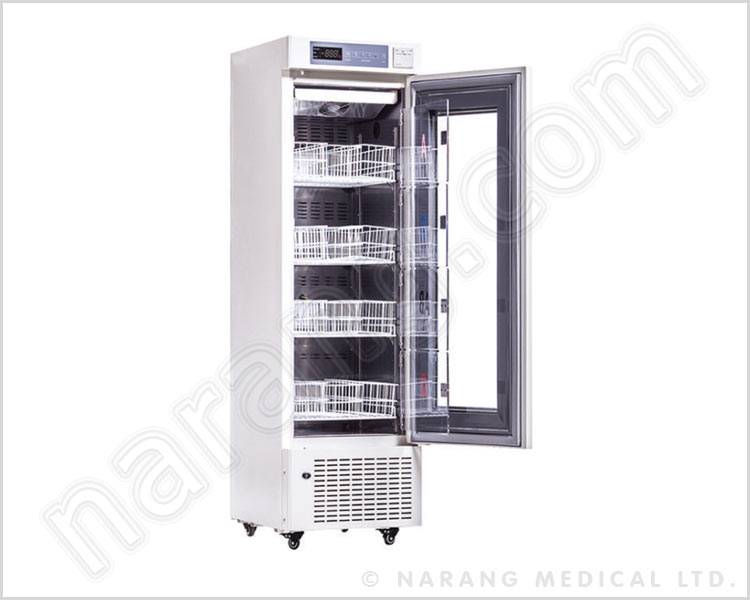
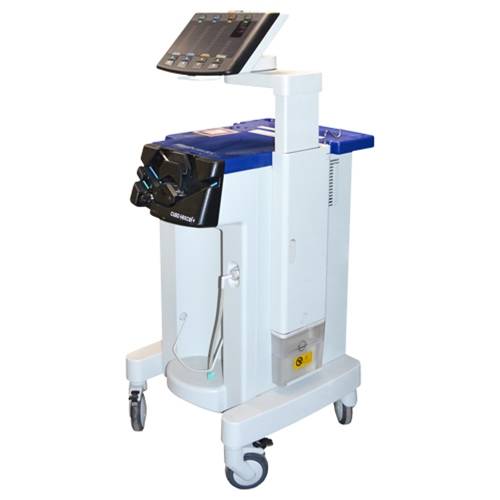
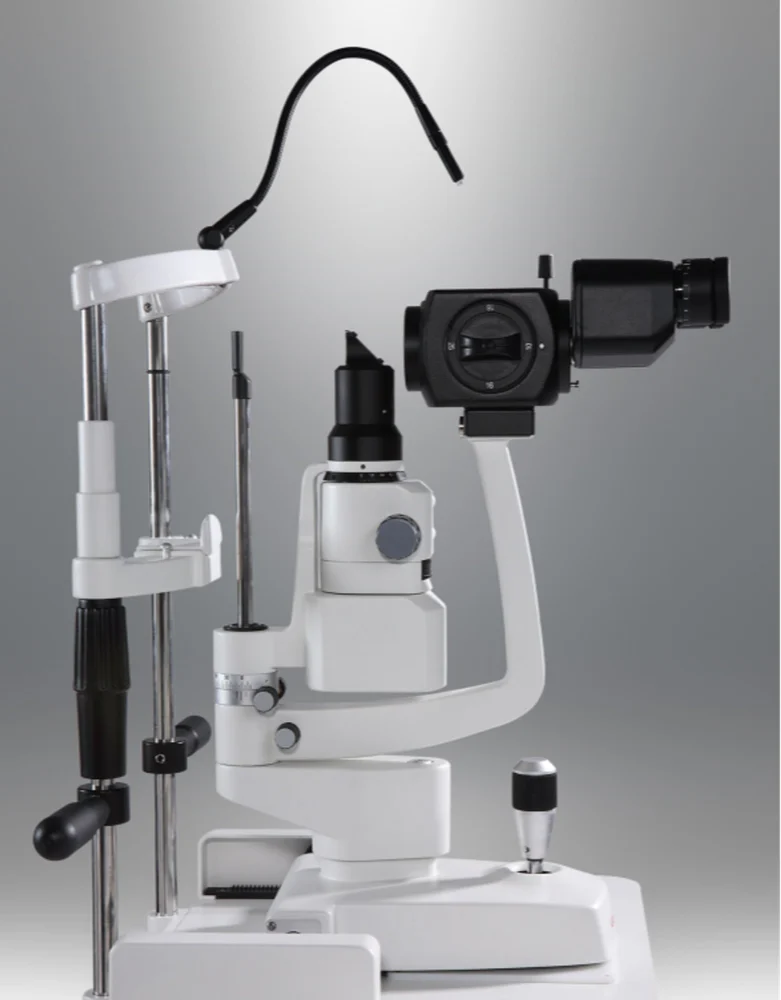
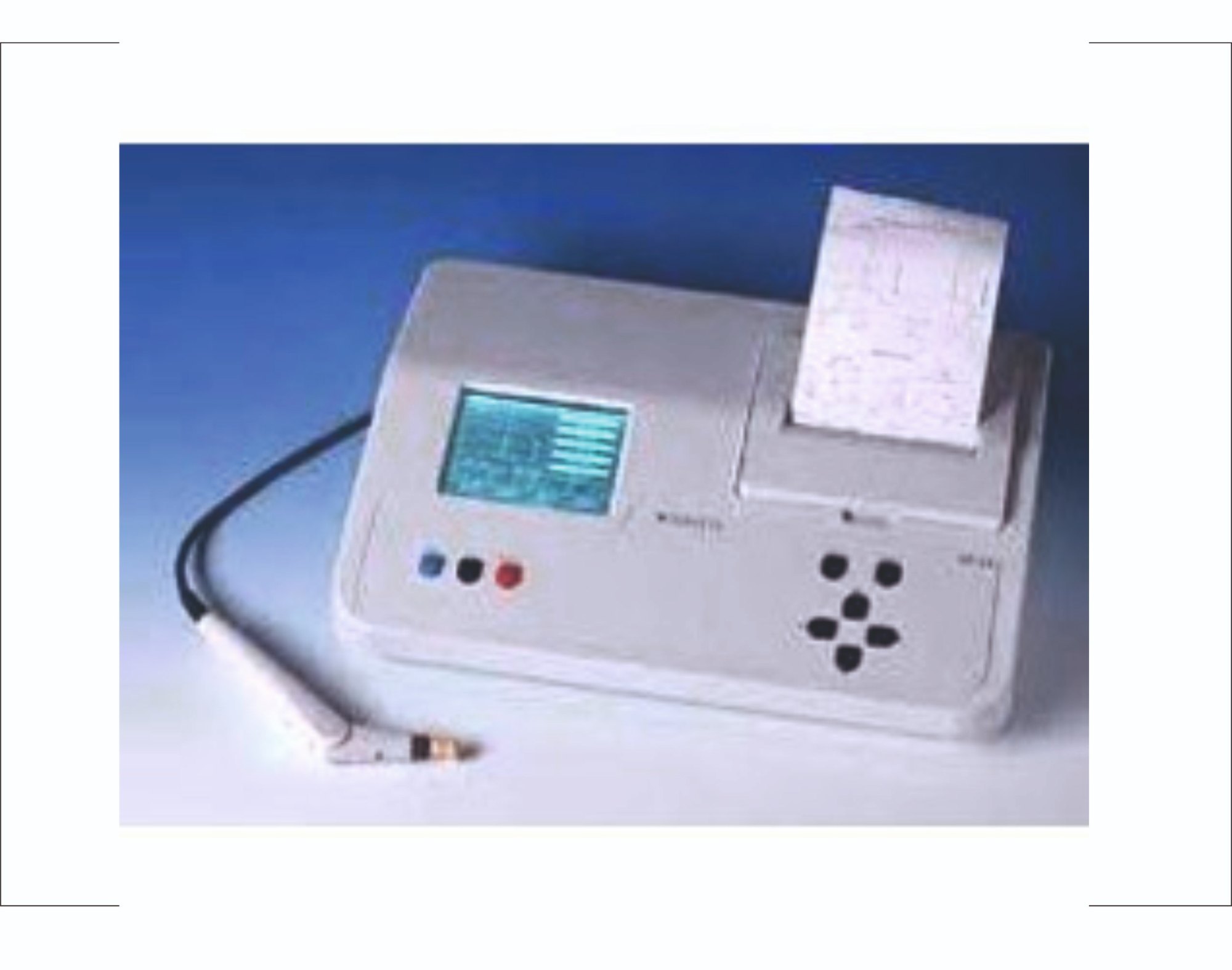

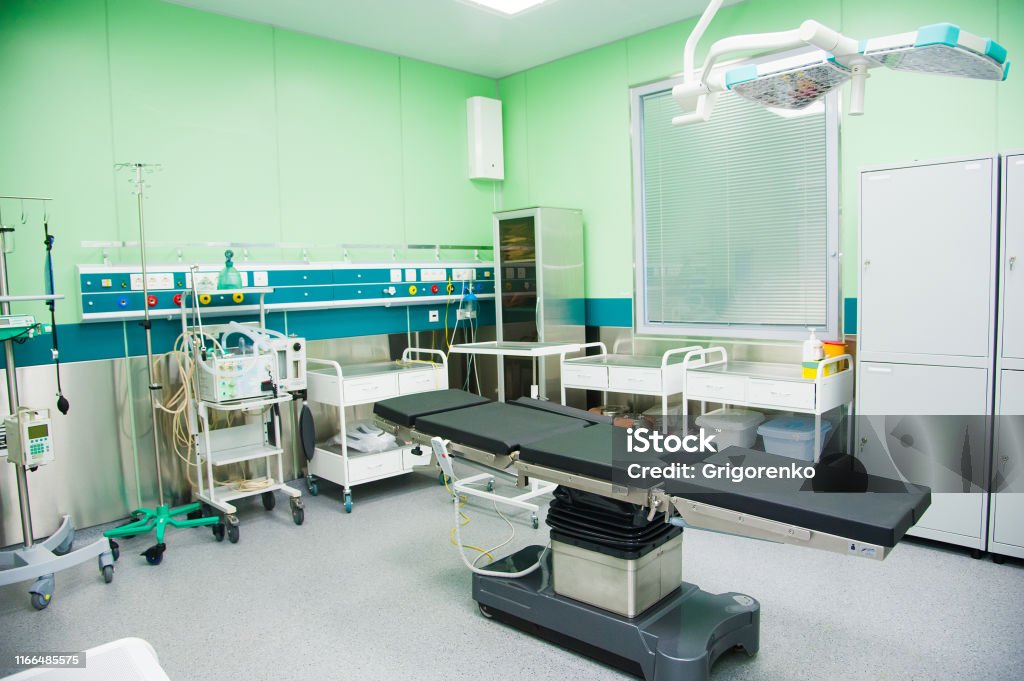

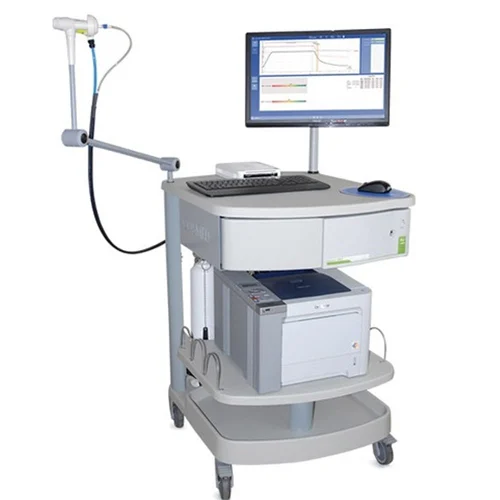
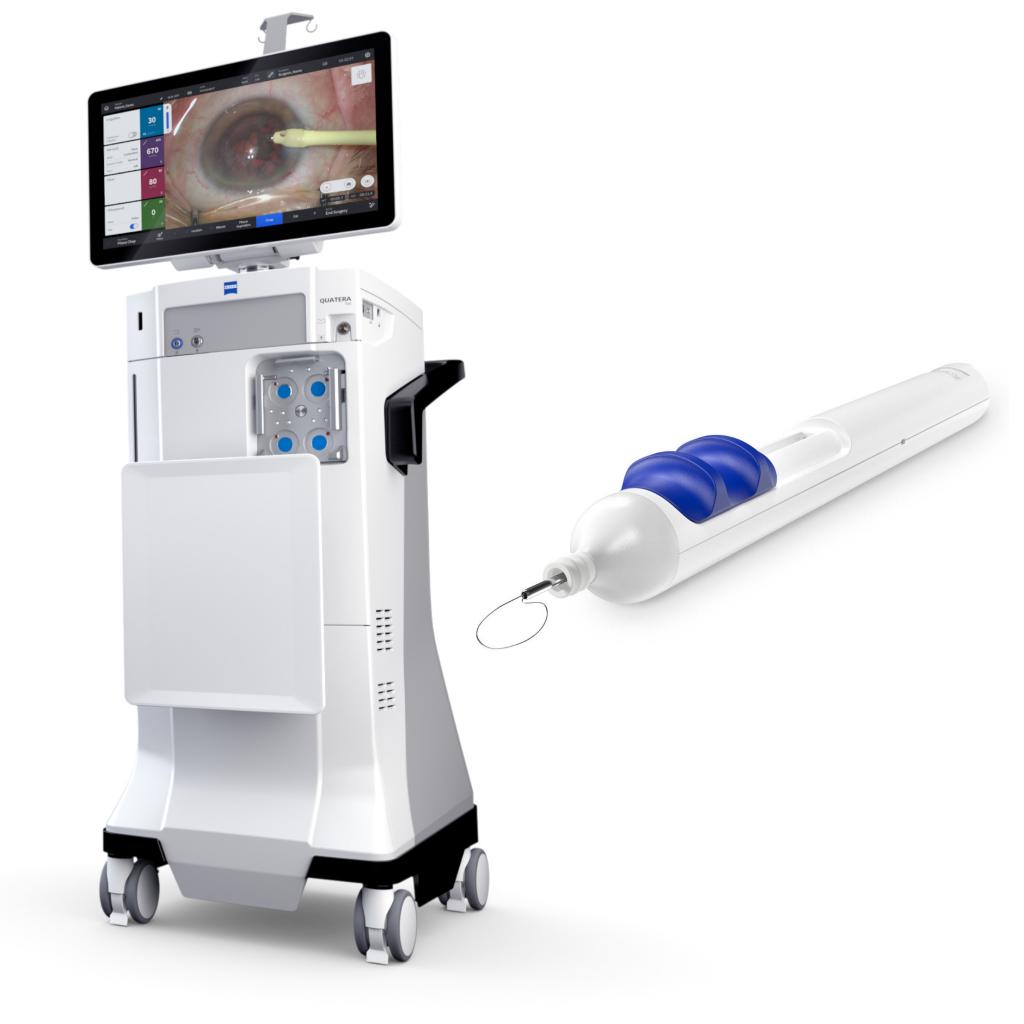
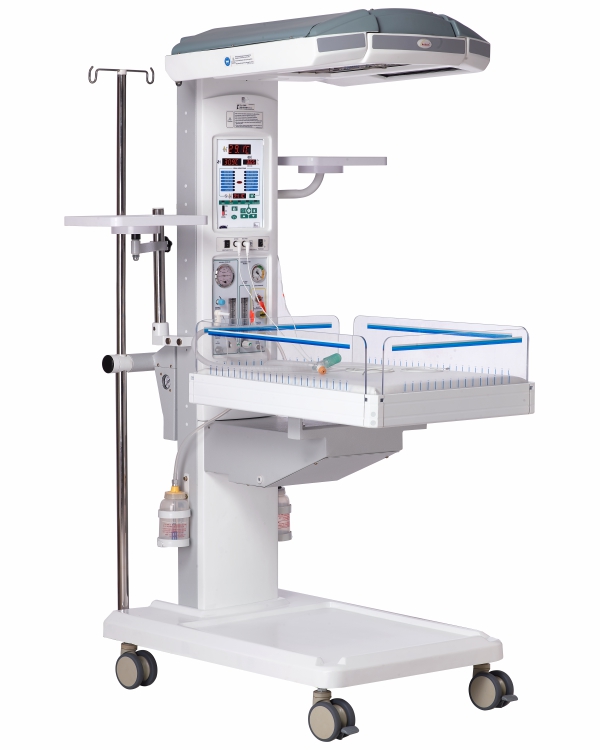
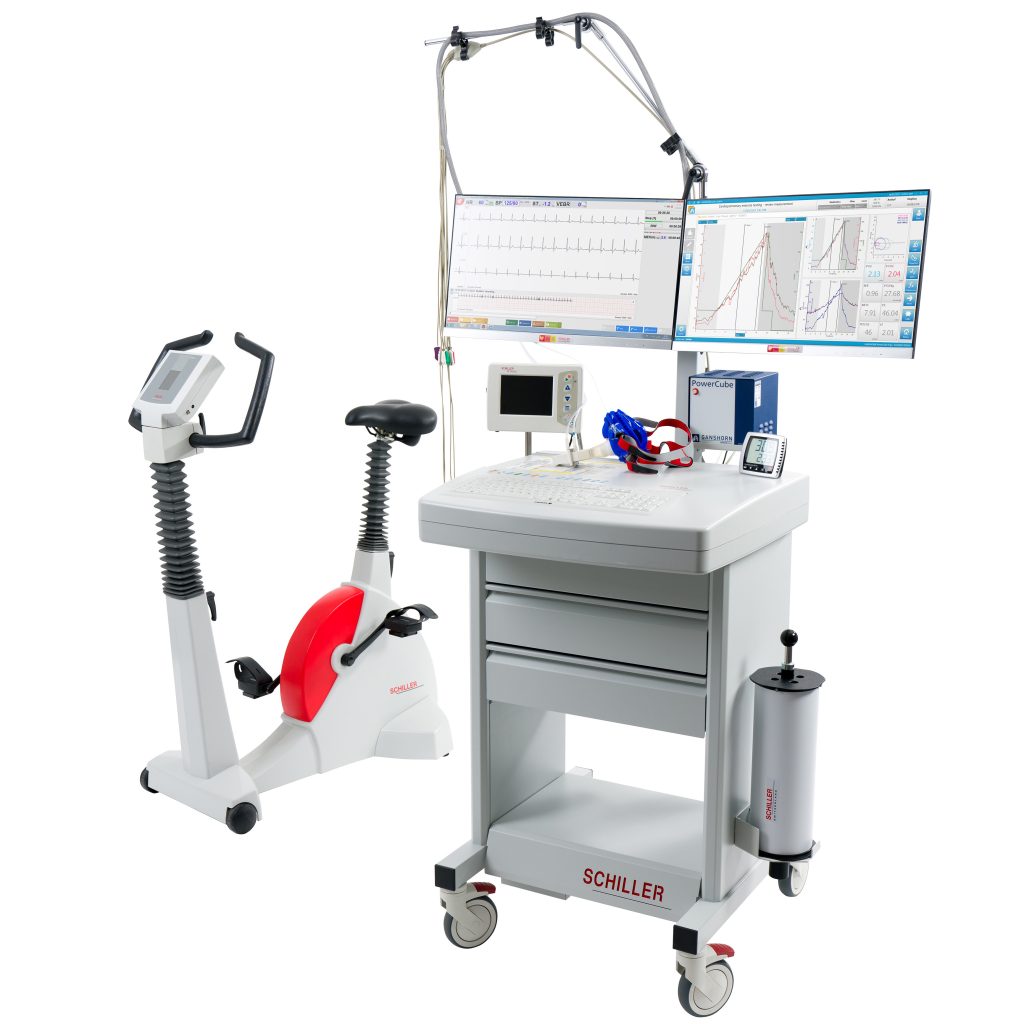




Leave a Reply